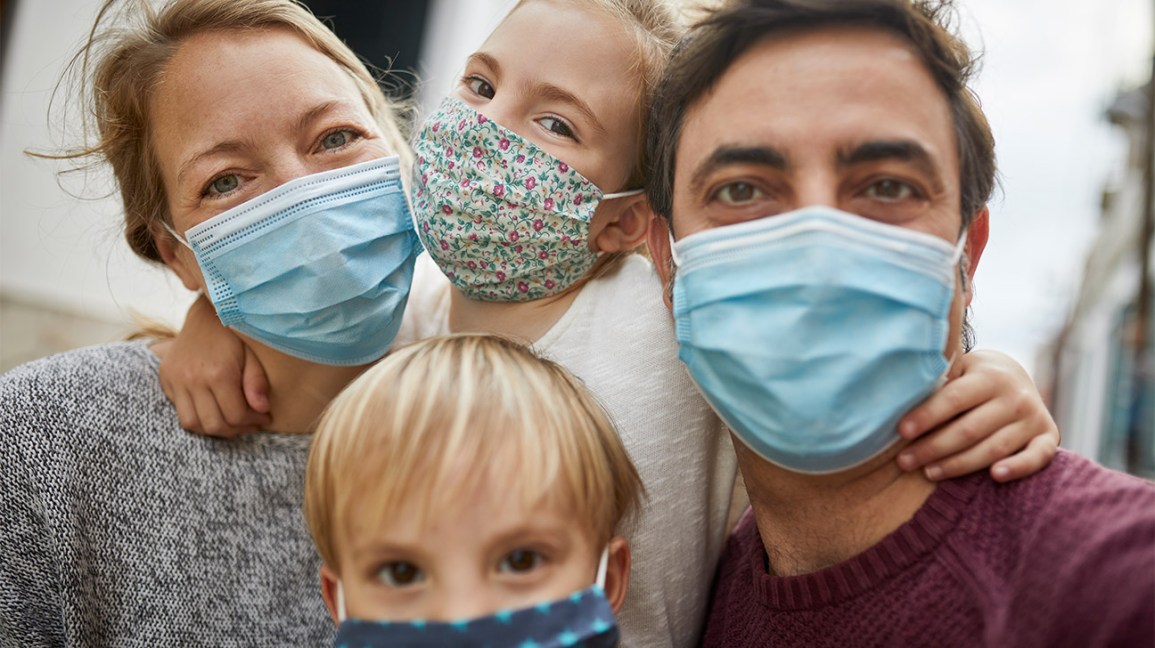

Getting vaccinated for COVID-19 measurably improved the psychological well-being of participants in the Understanding Coronavirus in America study, a large longitudinal look at the impact of the pandemic on individuals in the United States. Vaccination was associated with declines in distress and perceived risks of infection, hospitalization, and death. The study, appearing in the American Journal of Preventive Medicine, published by Elsevier, validates the intuitive but previously unanswered questions of whether becoming vaccinated reduces perceived risks associated with COVID-19, and whether the reduction of these fears leads to improvements in mental health and quality of life.
“Our study documents important psychological benefits of vaccination beyond reducing the risk of severe illness and death associated with COVID-19,” said lead investigator Jonathan Koltai, PhD, Department of Sociology, University of New Hampshire, Durham, NH, USA.
Psychologic distress and anxiety increased sharply across the population following the onset of the COVID-19 pandemic. Several factors contributed, such as widespread job and income loss, food insecurity, social isolation, caregiving burdens, substance abuse, and racialized discrimination. Depressive symptoms persisted and increased into 2021 for those experiencing an accumulation of stress exposures. Not surprisingly, many individuals are also experiencing anticipatory fears that contribute to rising mental health problems.
Data from a nationally representative study of 8,090 adults who were interviewed regularly between March 2020 and June 2021 revealed declines in COVID-related risk perceptions and psychological distress following vaccination. Specifically, adults who received at least one dose of the COVID-19 vaccine between December 2020 and June 2021 reported a 7% relative reduction in mental distress, as measured using the Patient Health Questionnaire 4 (PHQ-4) distress scores, from average levels in the survey period immediately prior to vaccination.
Reductions in distress were partially explained by declining risk perceptions following vaccination. Becoming vaccinated was associated with a 7.77 percentage point decline in perceived risk of infection, a 6.91 percentage point decline in perceived risk of hospitalization, and a 4.68 percentage point decline in perceived risk of death. Adjusting for risk perceptions decreased the vaccination?distress association by 25%.
These effects persisted and became stronger up to at least eight weeks following vaccination. It is noteworthy that while responses from vaccinated and never-vaccinated participants followed similar trends pre-vaccination, they significantly diverged post-vaccination. Becoming vaccinated made people feel safer in addition to being safer.
The impact of vaccination on mental health varied by race/ethnicity. The largest reductions in distress were observed among American Indians (AI) and Alaska Native (AN) individuals, who have suffered disproportionately from COVID-19. The breakout among racial/ethnic groups was proportional to the overall US population during the study period, with the highest rates of vaccination observed among Asian and Pacific Islanders, and the lowest rates of vaccination observed among Black participants.
With the rapid rise of the Omicron variant in late 2021 and early 2022, urgent measures are needed to increase vaccination rates and achieve vaccine equity, both locally and globally. These efforts need to be coupled with effective communication about the benefits, both physical and mental, associated with vaccination.
Dr. Koltai stressed, “To ensure these benefits are widely shared, efforts to increase vaccination and booster rates in early 2022 need to prioritize equitable distribution and access to vaccines.”
Source: Elsevier
Recent Posts
One Sleepless Night Can Weaken Your Immunity and Trigger Inflammation
Sleep is often regarded as a luxury in today’s fast-paced world, but scientific research continuously…
Thick Heart Syndrome: A Silent Threat to Millions in India
Heart disease remains one of the leading causes of death worldwide, and in India, cardiovascular…
Delhi Sees Surge in H1N1 and Influenza B Cases
Delhi is witnessing a sharp rise in flu cases, particularly Influenza B and H1N1 (commonly…
Woman Dies During MRI Scan Due to Medical Negligence
In early February 2025, a tragic incident occurred in Eluru, Andhra Pradesh, where a 61-year-old…
Holi and Eye Safety: Protect Your Vision During Festivities
Holi, the festival of colors, is one of the most vibrant and joyous celebrations in…
FDA Recalls Popular Skincare Products Over Cancer-Causing Chemical
In a major development, the U.S. Food and Drug Administration (FDA) has issued recalls for…


